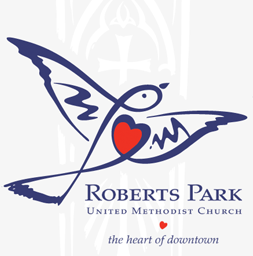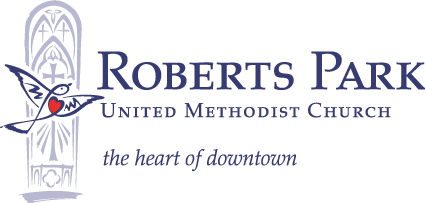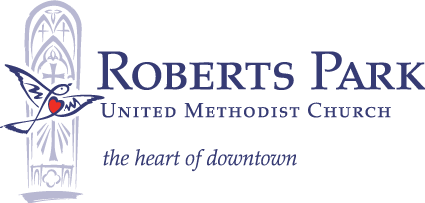They Will Know Us by Our Actions

I don’t know if it is just me, but I sense there is a very real and growing problem with many of the elected members of the government on both sides of the political spectrum and others in the media and even in some churches and church leaders determining the truth from lies. I am thankful that, for the most part, this country's courts and legal system are still focused on ‘the truth’ and, when necessary, holding everyone accountable for their words and actions. For example, I draw hope in the fact that some of the people who have made outrageous claims about the 2020 election in the corridors of power, the news and current affairs programs, and on social media and in print, have enough respect for the rule of law that when stood in a courtroom they finally admit that there is no substantial, verifiable evidence to back up their falsehoods and deceptions.
Social media and internet companies are spending millions of dollars on devising ways to try and sort fact from fiction when it comes to posts on their online platforms in order that we might be given a more straightforward and reliable answer to our need to know what is going on in the world around us. So, it is troubling to read that some of those people who own social media companies are deliberately dismantling the processes and policies that provide this safeguard. If this continues, we will struggle to determine what is true and what is ‘fake news.’
During Lent, we read about John the Baptist, who is incarcerated by Herod, sending some of his disciples to go and question Jesus about what he had heard Jesus was doing. Was it true, were these stories real, or was it Fake News? Were the extraordinary tales of healings and miracles true, or just a good PR spin on an otherwise normal event? Was Jesus really the Messiah, the one whose coming was foretold and whom Israel was eager to receive? Note how Jesus replies to the question. He doesn’t rely on words alone but points the disciples to the outcome of his presence, “The blind receive sight, the lame walk, those who have leprosy are cured, the deaf hear, the dead are raised, and the good news is preached to the poor.” Jesus was echoing the words of Hebrew scripture from the prophets but was also saying that the evidence is clear to those who care to look. Indeed, the actions sometimes speak louder than the words used.
That is true today as well, and not just in terms of the news of the day but in relation to our own lives and witness. It is often easy to say that we follow the teachings of Jesus and seek to be good Christians, but do our actions back that up? Is the evidence there to support our claims, or do we betray our authentic selves by saying one thing and doing another? Sadly, it is all too true of politicians and others that what they claim to be their position on something, or their belief, is shown to be just hollow words as they are seen to act in totally the opposite way. Yet we, too, can be guilty of the same thing. What is definitely not ‘Fake News’ are the claims and dependability of Jesus to back up words with action. As we continue through Lent and through this time of self-examination to uncover the issues that may cloud our lives, we can be certain of the love of Christ that seeks to forgive our foolish ways and our self-deception so that we may find the real truth to living.
Perhaps this could be your prayer this week?
Loving God, as I acknowledge your presence in this prayer, I acknowledge that there are times when I am not the person you want me to be; I am not the person I long to be. Help me to order my life better so that my words and actions may always be acceptable in your sight. Amen.
Shalom to you,
Pastor Andrew



